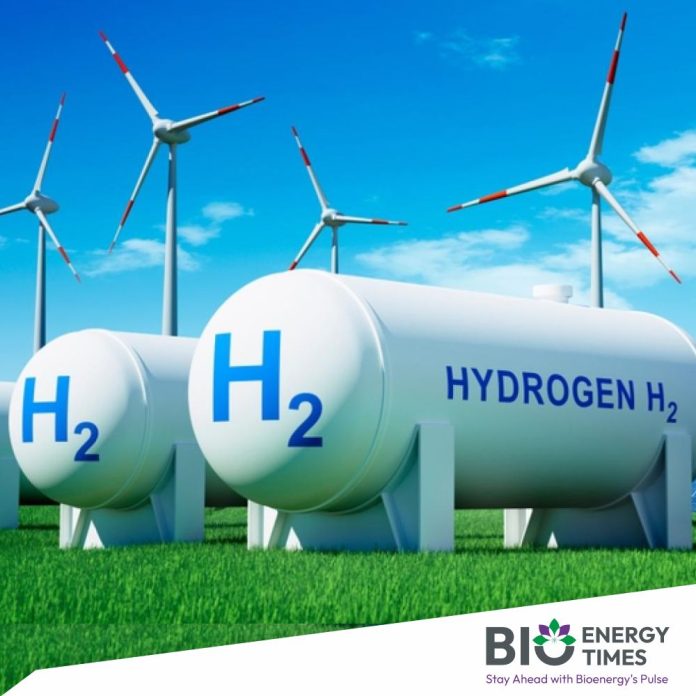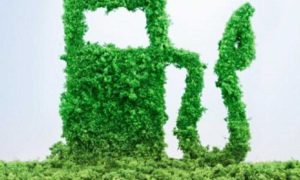Australia and Germany in $660m hydrogen funding initiative

Australia has signed a $660 million deal with Germany to co-invest in hydrogen projects, aimed at boosting low-emissions fuel supply to Europe and replacing Russian gas. The partnership, supported by Germany’s H2Global program, is a significant push for Australia’s hydrogen industry, providing funding and offtake guarantees. Australia aims to become a leading hydrogen exporter by scaling up production.
Australia has signed a deal with the German government for $660 million of shared investment in Australian hydrogen projects as part of a joint initiative to support supply of the low-emissions fuel to the European market and help replace Russian gas.
The deal – foreshadowed by The Australian Financial Review in January – gives much-needed impetus to Australia’s nascent hydrogen industry, which was dealt a blow when its most high-profile player, Fortescue Metals Group, sharply scaled back its 2030 production goals in July.
It is underpinned by the H2Global program, a funding initiative supported by the German government that seeks to close the yawning gap between the price of producing hydrogen – and its derivatives – and what customers are prepared to pay.
The funding partnership was signed on Friday morning in Brisbane by Federal Energy and Climate Change Minister Chris Bowen and Anja Hajduk, Germany’s state secretary for the Federal Ministry for Economic Affairs and Climate Action.
Projects around the country will be able to bid for support through the program, Mr Bowen said.
‘We have the potential to be the capital’
He declared commentary about the death of Australia’s hydrogen industry was wrong following investment retreats in the sector, including by Andrew Forrest’s Fortescue, which shelved plans to produce 15 million tonnes a year of green hydrogen by 2030.
Mr Bowen conceded “one or two” projects had been delayed and proposed ventures may be canned after further analysis.
But he insisted this was the natural trend for the creation of a new energy source.
“That’s how you build an industry,” he said. “Not everything that everyone thinks of at all times happens, but the vast bulk of it does.
“We have competitors, but we have the potential to be the capital and it’s happening now, it just needs more nurturing and a nurturing environment from governments.”
Australia has a pipeline of more than $200 billion of proposed hydrogen projects, but progress in the emerging industry has been slower than hoped as project backers struggle to find customers willing to pay premiums for greener fuel.
The funding under the initiative with Germany will be available over the next 10 years and will involve guaranteed offtake arrangements for production.
‘Australia’s done this before’
Mr Bowen said the projects to be developed would make Australia an “indispensable partner” with Germany, and declared this country was capable of scaling up hydrogen energy to produce a million tonnes in half a decade.
“Let’s be frank, Australia’s done this before. We did this with the LNG industry,” he said. “With private sector and governments working together, it can be done.
“It’s not easy and, with any big change like this, you’re going to have the odd setback, the odd change in program times, but with a pipeline of more than $200 billion of investment, with a quarter of it already operating or under construction, this is a reality.”
Ms Hajduk said Germany expected to rely on imports for 50 per cent to 70 per cent of its hydrogen needs but was unable to put figures on the likely volumes.
“This partnership is so important,” she said. “I cannot tell you today what the Australian part of the import is, but we will strongly rely on the hydrogen power of Australia.”
Germany is relying on imports of green hydrogen, green ammonia and other fuels from renewables-rich nations to help meet its ambitious decarbonisation goals and replace supplies of gas from Russia.
Europe’s most industrialised economy switched off its last three nuclear power plants in April last year and is due to shut down coal power by 2038 as it seeks to achieve its commitment for net zero emissions by 2045.
Germany is already supporting Australian hydrogen ventures through the HyGATE program, which backs projects including Vast Solar’s methanol venture in Port Augusta in South Australia, a green hydrogen hub in Townsville, Queensland, an electrolyser production facility in Port Kembla in Wollongong, NSW, and ATCO’s project to develop an electrolyser and ammonia facility in the Illawarra region of NSW.
To read more about Ethanol Industry News, continue reading Agriinsite.com
Source Link : https://www.afr.com/policy/energy-and-climate/australia-and-germany-in-660m-hydrogen-funding-initiative-20240913-p5kabv

















